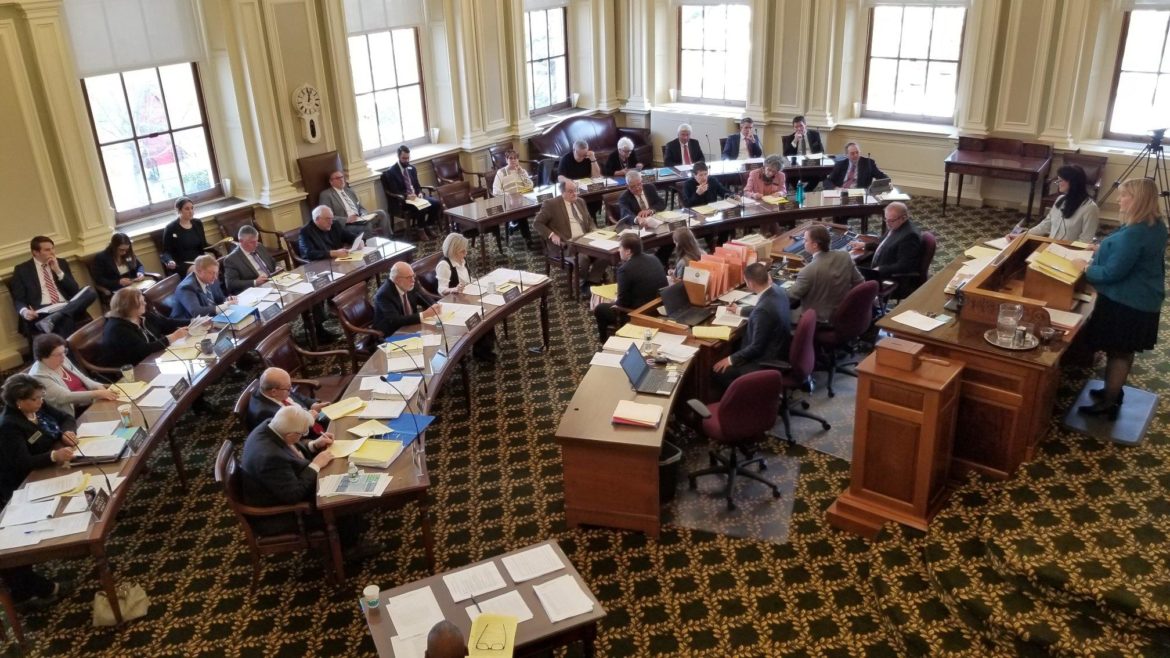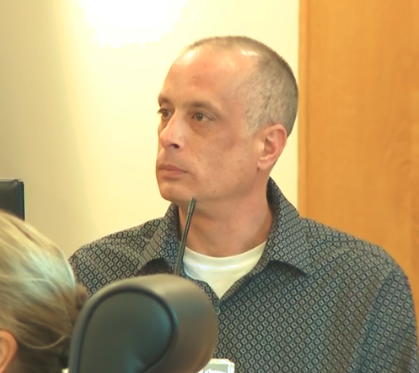. CONCORD – Senators passed comprehensive net metering legislation by a voice vote on their first day back for the 2020 session on Wednesday.
Known as Convening Day, the House and Senate each took up committee reports on rereferred bills from 2019. The bills that passed or were rereferred await further action.
As amended, SB 13 mirrors the language and provisions of HB 365 which would have raised the limit on net metering from 1 to 5 megawatts that despite bipartisan support was vetoed in 2019 by Republican Gov. Chris Sununu.
After the vote, prime sponsor Sen. Martha Fuller Clark, D-Portsmouth, released the following statement:
“After the governor’s short-sighted veto of HB 365 last session, and his endorsement of fake and misleading net metering House legislation this week, I want to commend my Senate colleagues for passing SB 13, a truly comprehensive bipartisan net metering bill.”
Fuller Clark was referring to three bills authored by Republicans and backed by Sununu this week which he says would protect ratepayers and “expand access to net metering, open new opportunities for clean energy development, and allow towns to better control their electric bills.”
“SB 13 will allow communities to take charge of their own energy futures. It is comprehensive net metering legislation that will expand the generator cap and open the door to both new and existing small renewable energy projects, keep our energy dollars in the state, provide good paying jobs and save ratepayers and taxpayers’ money,” Fuller Clark said.
Senators also voted 16 to 8 to increase the age for sales and possession of tobacco and vaping products from 19 to 21. That means New Hampshire will be in line with the federal minimum age which was raised from 18 last month as part of a spending package signed by President Donald Trump. Republicans Jeb Bradley and John Reagan voted with the majority.
“Tobacco remains the top preventable cause of death and disease in New Hampshire,” the bill’s prime sponsor Sen. David Watters, D-Dover, said. “If people don’t start smoking by the age of 21, it’s very unlikely they will ever start.”
The Senate worked through 74 bills on the regular and consent calendar at breakneck speed sending many to interim study or outright killing them as inexpedient to legislate, finishing their work shortly after 1 p.m.
Although Senators shelved a bill to raise the minimum wage that is currently defaulted to the federal minimum of $7.25 an hour, the issue isn’t expected to go away. Senate President Donna Soucy of Manchester is expected to bring forward minimum wage legislation. Gov. Sununu vetoed a bill that passed last session that would have raised the minimum to $10 an hour and $12 in 2022.
Senators voted to table SB 171, appropriating money to remove lead from drinking water pipes in school.
“Ensuring the safety of drinking water for New Hampshire children is of the utmost importance. Right now, the state is following nearly 600 children whose lead levels are concerningly high—that’s why I’ve introduced legislation in 2020, SB 599, that will provide a true means to address and remediate lead in drinking water at schools and childcare facilities, not just move funds around as SB 171 did,” said Sen. Cindy Rosenwald, D-Nashua.
Senate Majority Leader Dan Feltes, D-Concord, said the money to remediate lead in school drinking water is already in place at the Department of Education from the Drinking Water and Ground Water Trust Fund.
“For whatever reason, Commissioner Edelblut is refusing to actively distribute these funds to our schools, and he is holding New Hampshire back from doing the work necessary to ensure all of our children have access to safety drinking water at our schools, a bipartisan priority established under SB 247 in 2018,” Feltes said.
On a vote of 22-2 in support of SB 223-FN, it would increase the minimum gross business income required for filing a business profits tax return from $50,000 to $75,000. This increase will exempt businesses and the self-employed earning less than $75,000 annually from paying the business profits tax rate of 7.7%.
Following the vote, prime sponsor Sen. Jeanne Dietsch, D-Peterborough, said:
“By raising the business profits tax threshold for the first time in decades, we will save almost 4,000 small business owners the cost of filing a return even though they owe nothing. And some of the few hundred who actually pay the tax, at this level, are only doing so because they do not realize that they can deduct personal compensation. This is the right thing to do for our smallest businesses.”





